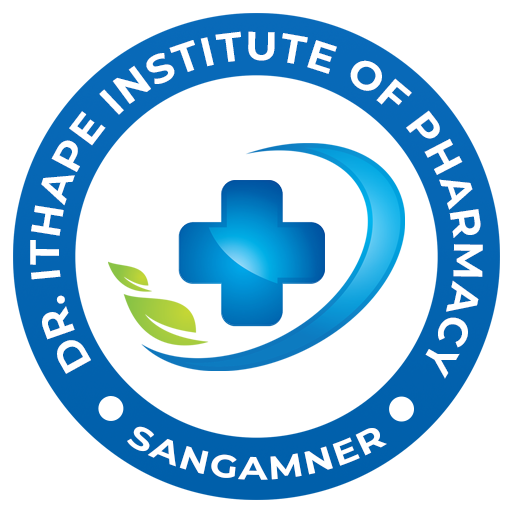Role of Pharmacists in Rural Healthcare
- Aniket Ithape
- Aug 25, 2025
- 2 min read

Healthcare in rural areas faces many challenges such as lack of doctors, limited hospitals, and poor awareness about diseases. In such communities, pharmacists often become the first point of contact for people seeking medical help. Their role goes far beyond selling medicines — they act as health advisors, educators, and caregivers.
Pharmacists in rural areas ensure that even in places where doctors are not immediately available, people still get essential medicines, correct guidance, and preventive care. At Dr. Ithape Institute of D. Pharmacy, we believe that training pharmacists to serve rural populations is one of the most impactful contributions to society.
Providing Primary Healthcare Access:
In villages, where hospitals and doctors are scarce, pharmacists become the first line of healthcare providers. They treat minor illnesses, give first-aid, and guide patients on when to visit a hospital.
For example, in case of fever, headaches, or minor injuries, villagers often rely on the pharmacist for immediate relief. This reduces the burden on rural hospitals and ensures that patients don’t delay treatment.
👉 Pharmacists make healthcare accessible and approachable in places where it is otherwise limited.
Ensuring Availability of Essential Medicines:
Medicine shortages are a major issue in rural regions. Pharmacists help by maintaining proper stock of life-saving and essential drugs, including antibiotics, painkillers, insulin, and vaccines.
They also guide patients towards affordable generic alternatives, making treatment more cost-effective. This role ensures that even underprivileged families can access medicines without financial strain.
👉 By ensuring a steady supply of medicines, pharmacists play a crucial role in keeping rural communities healthy.
Educating Patients About Safe Medicine Use:
Many rural patients are not fully aware of how to use medicines correctly. Some may stop treatment midway, misuse antibiotics, or rely on home remedies that can worsen conditions.
Pharmacists educate villagers about:
Correct dosage and timing
Side effects and precautions
Importance of completing full antibiotic courses
Safe storage of medicines
This patient counseling reduces misuse of medicines and prevents drug resistance, which is a growing health threat.
👉 Pharmacists act as teachers of health literacy in rural societies.
Supporting Public Health & Preventive Care:
Pharmacists in rural areas actively participate in health awareness campaigns like:
Vaccination drives
Diabetes and blood pressure screening
Awareness about hygiene, nutrition, and maternal health
Tobacco and alcohol de-addiction counseling
During the COVID-19 pandemic, rural pharmacists ensured supply of essential drugs, distributed masks, and guided villagers on vaccine safety.
👉 They are not just medicine experts but also community health partners.
Bridging the Gap Between Patients & Doctors:
Since doctors are not always available in rural regions, pharmacists act as a bridge between the community and healthcare professionals. They refer serious cases to hospitals, share medical histories with doctors, and even help patients follow up on treatment plans.
This coordination ensures continuity of care and avoids delays in treatment. By being easily accessible, pharmacists build trust and encourage villagers to seek professional medical care when needed.
👉 Pharmacists connect the dots between patients, healthcare systems, and doctors.
#RuralHealthcare #PharmacyAwareness #PharmacyEducation #HealthcareForAll #FuturePharmacists #PharmacyLife #CommunityHealth #PharmaCare
.png)
.png)


